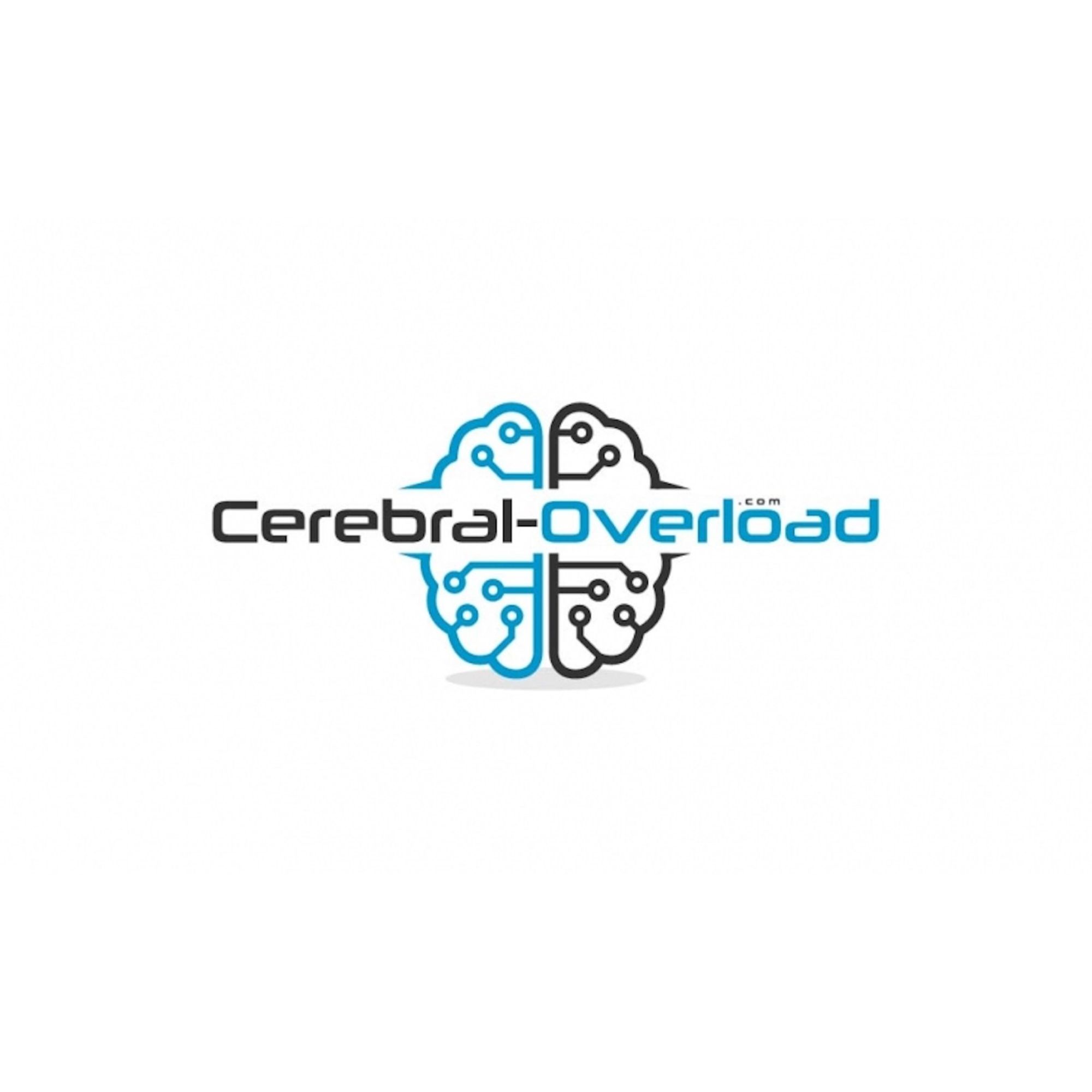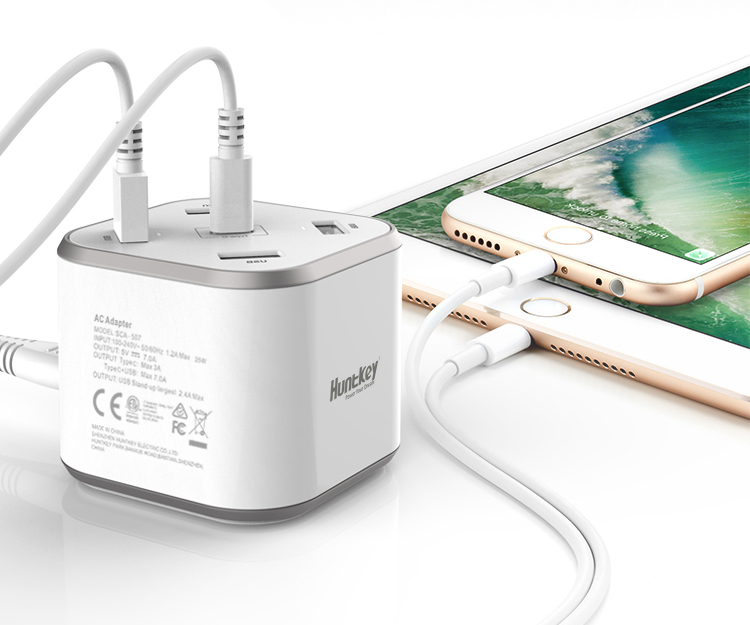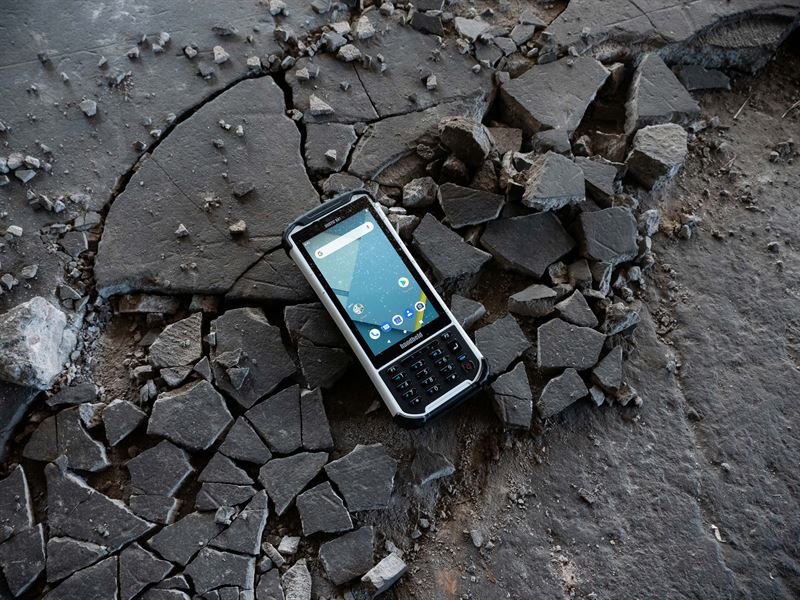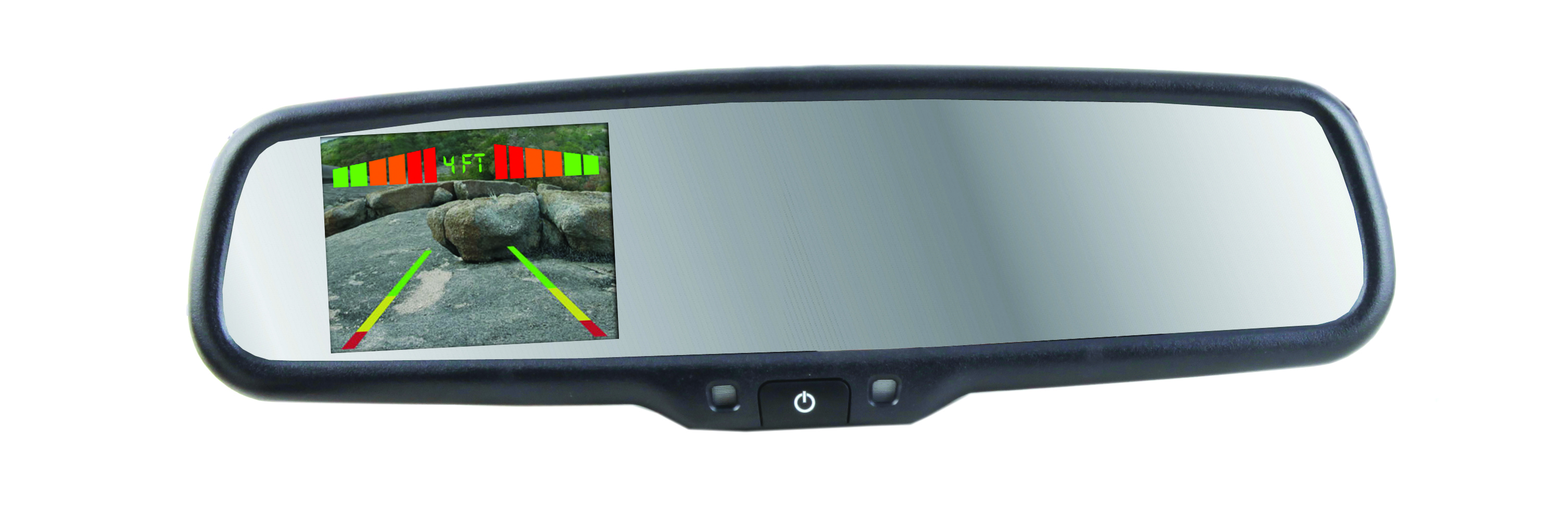Learning How Data Loggers Help Hospitals Track Data

Healthcare facilities frequently deal with sensitive assets that have specific environmental requirements. As a result, healthcare settings like hospitals prioritize ecological monitoring to ensure safety and efficacy in their processes.
Data loggers help hospitals maintain and regulate their environments by providing prompt and accurate data tracking.
What is a data logger?
According to Dickson, data loggers are instruments that monitor and record information regarding the environment in specific locations. For example, their sensors can record temperature, light, pressure, air quality, and humidity. A data logger can have single, double, or multiple sensors according to the user’s needs.
A variety of data loggers is available, such as USB data loggers, WiFi data loggers, and Bluetooth data loggers. Users can even request customized sizes and data loggers to accommodate their needs best.
How do hospitals use data loggers?
Technology is used widely in healthcare to improve various practices. Hospitals use data logger technology for a wide array of purposes, all of which help to ensure a better, more efficient, and safer environment for patients and professionals alike. Data loggers help hospitals stay in compliance with governmental processes and professional protocols; help ensure patient comfort and safety; help maintain the safety and efficacy of healthcare-related products as varied as vaccines, transplant organs, medications, plasma, and tissue for biopsies, and more.
Throughout a healthcare setting, data loggers help ensure ongoing safety for professionals and patients daily. Some of the specific aspects in which data loggers provide healthcare assistance are:
Monitoring Room Health and Cleanliness
Data loggers automate the task of maintaining regular checks on hospital premises and assessing the efficiency of hospital ventilation. Different areas of a hospital require diverse environmental conditions. For example, operating theaters require specific temperatures for patient well-being during surgery. Properly installed automated data loggers with the proper temperature parameters will notify hospital environment managers of temperature fluctuations promptly to address the excursion.
Autoclave Authentication
For patient safety and compliance with regulatory authorities, hospitals must ensure that equipment and materials that come into contact with patients at many points in a healthcare process are sterile. Medical facilities use autoclaves, some of them quite large, to sterilize various instruments and objects. The composition includes borosilicate glass, stainless steel, specific polystyrene forms, and more. When water turns into gas–steam–and under pressure in an autoclave, it is highly effective at sterilization and killing fungi, bacteria, and viruses.
Many data loggers help authenticate autoclaves by ensuring accurate temperature within the autoclaves. In addition, these data loggers monitor and log the temperature readings to maintain a particular sterilization process.
Cold Chain Facilities
Cold chain facilities are temperature-controlled systems to transport and store pharmaceuticals, transplant organs, and other sensitive assets of the healthcare system. Data logger technology helps measure and ensure proper environmental conditions for the transportation and storage of these assets to safeguard their efficacy.
Data loggers work without any manual intervention and record every minute environmental parameter to prevent the disruption of the quality of these products. As a result, this helps the hospital maintain a smooth medical repository and safely address the needs of their patients.
Technology is constantly strengthening the medical supply chain, and data loggers ensure the industry is in numerous processes.
Research and Development
Many hospitals host research and development wings on health conditions and diseases. They study and collect data on sensitive samples and engage in constant experimentation and long-term observations. Maintaining adequate environmental conditions for these studies and development is an arduous task.
With data loggers, researchers can easily record and maintain parameters like temperature and pressure. Instead of managing these parameters, they can now invest their energy and expertise in research, development, experimentation, and studies. Moreover, with digital data loggers, it becomes far easier to ensure identical environmental conditions for follow-up studies.
How do they further help patients/medical staff?
Data loggers help regulate the security and potency of different sites, components, and tools that contribute to creating a safe healthcare facility. Unless the environment is medically comfortable and secure for the patients and medical staff, no facility can function productively. Data loggers help achieve optimum conditions for the patients to receive treatment and recover while they and the hospital staff stay infection-free and perform proficiently.
How do they help with vaccine storage?
Data loggers are vital in storing and transporting vaccines and pharmaceutical products. Vaccines are an effective security shield against several severe diseases, requiring proper temperature, humidity, and other environmental conditions to maintain effectiveness.
Data loggers help sense, monitor, and regulate the environmental conditions while manufacturing, transporting, and storing vaccines. As a result, they help the vaccine avoid any situation that might take away its potency. Data loggers also help maintain a record of the data logs of these conditions to use as a security measure to ensure product safety before administering it to the patients.
Market growth during the pandemic
The data logger market saw tremendous growth during the pandemic. One of the primary reasons for this growth has been the continuous requirement of vaccine doses for preventing Covid-19. These new mRNA vaccines required unprecedented temperatures for safekeeping during transport and storage. The phrase “cold chain” entered the vernacular due to Covid-19.
Many other industries like the automobile sector increased their use of data loggers to comply with updated government regulations against emissions. In addition, corporate ventures, the farming sector, the food and beverages industry, and many more spaces have come on board the data logger train due to its efficiency.
A data-centric approach to information technology systems is a trend in every business sector. The market will continue to grow with the practicality and convenience of data loggers. The increasing use of data loggers in hospitals is a dynamic example of this.





